
At the beginning of November, shop windows across Latvia are already sparkling with garlands, stars, and reindeer. But for many residents, this "early Christmas" causes irritation rather than joy. People believe that trade is pushing aside respect for state holidays - the Day of Lāčplēsis and November 18.
The rhythm of Latvian stores today can be simply described as "from one holiday to another." As soon as Halloween, which already seems foreign to many, is over, the shelves fill up with Christmas trees, tinsel, and gnome figurines. There are still two months until Christmas, but it seems the Christmas spirit has been turned on early.
On social media, users of the X platform share their irritation: in their opinion, stores switch to holiday themes too quickly, forgetting important Latvian dates. "Where have the Day of Lāčplēsis and November 18 gone?" asks one participant in the discussion.
"And where is Martin's Day?" adds another.
"For stores, our national holidays mean nothing. The main thing is profit," summarizes a third.
Some see an economic calculation behind this.
"It's becoming harder to sell Christmas tinsel - the number of Muslims in Europe is growing, and they don't buy Christmas trees and gnomes. That's why old stock is pulled out as early as October, even before plastic pumpkins and Batman costumes," one user ironically notes.
There is another side to the problem: it is becoming increasingly difficult to find Latvian symbols. "There are almost no decorations for November 11 and 18. Even red and white chrysanthemums are disappearing," complains a resident of Riga.
Many call what is happening imposed marketing according to the "American scenario."
"This is a typical scheme: after Halloween - immediately a Christmas fair. This forces people to buy what they don't need," participants in the discussions believe.
"I've noticed this for the second year in a row - it just makes me angry! I don't want to think about Christmas in October. I want to see red and white colors all November, and then - lights and snowflakes," writes another Latvian.



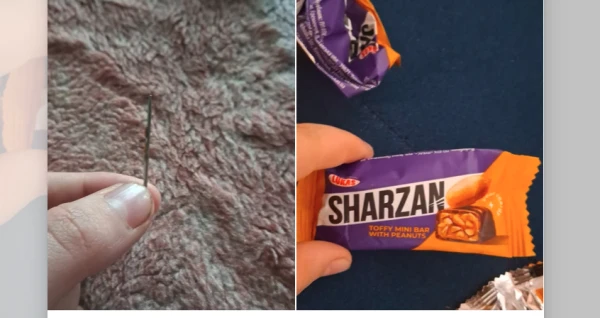
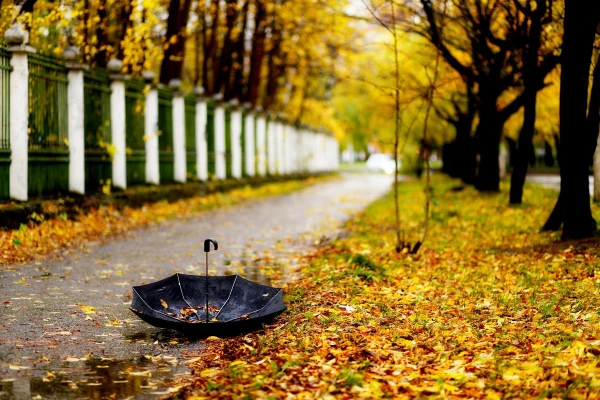


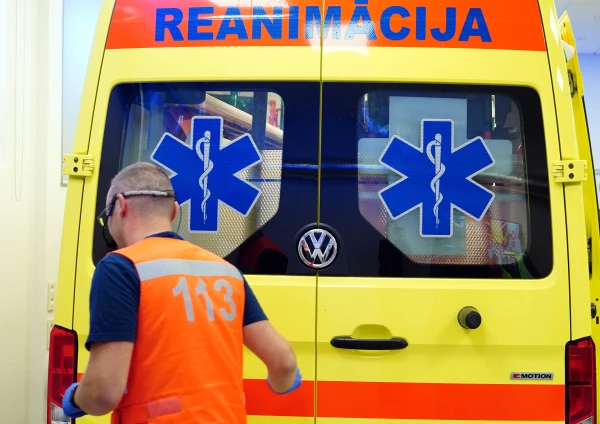

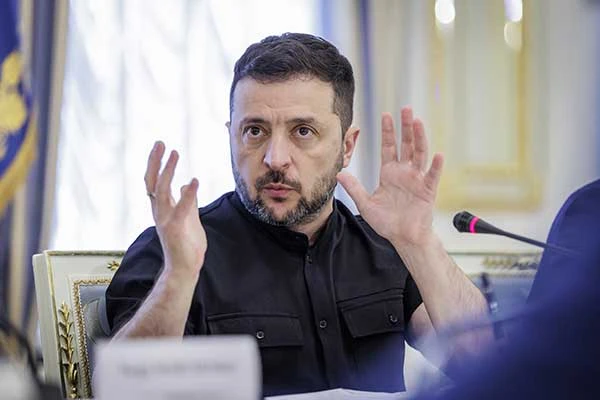

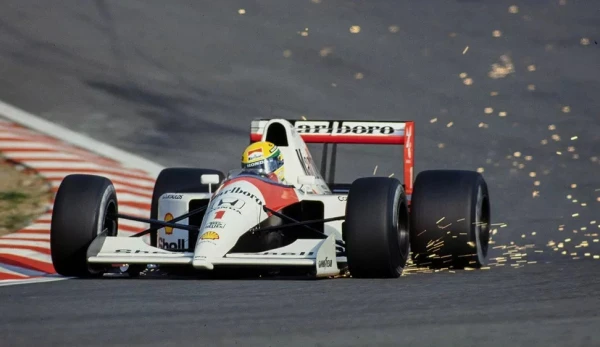



Leave a comment